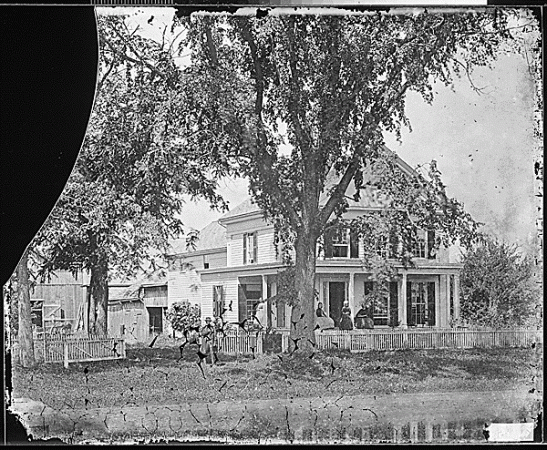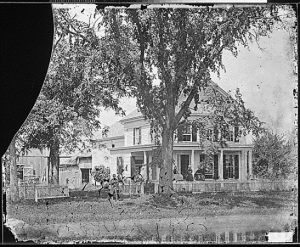Government Shutdown: Did the Civil War End?
Jim Stubenrauch is a CHMP senior fellow.
Tomorrow, Saturday, April 9, will be the 146th anniversary of General Robert E. Lee’s surrender to Lt. General Ulysses S. Grant at Appomattox Court House, Virginia. I happen to know this because I spent several hours this past week watching The Civil War, the 1990 documentary by Ken Burns. Like many millions of other viewers, I’ve seen bits and pieces of it over the years. PBS stations tend to haul it out during pledge drives, but even without the fundraising breaks, I find it’s hard enough to stay with a multipart television show spread over several nights. In any case, by now it’s been aired so many times and so many of the images it contains are so familiar that, I suspect, many people have the impression they’ve seen it all even if they really haven’t.
I found out this week that I hadn’t really seen much of this documentary.
Jim Stubenrauch is a CHMP senior fellow.
Tomorrow, Saturday, April 9, will be the 146th anniversary of General Robert E. Lee’s surrender to Lt. General Ulysses S. Grant at Appomattox Court House, Virginia. I happen to know this because I spent several hours this past week watching The Civil War, the 1990 documentary by Ken Burns. Like many millions of other viewers, I’ve seen bits and pieces of it over the years. PBS stations tend to haul it out during pledge drives, but even without the fundraising breaks, I find it’s hard enough to stay with a multipart television show spread over several nights. In any case, by now it’s been aired so many times and so many of the images it contains are so familiar that, I suspect, many people have the impression they’ve seen it all even if they really haven’t.
I found out this week that I hadn’t really seen much of this documentary.





